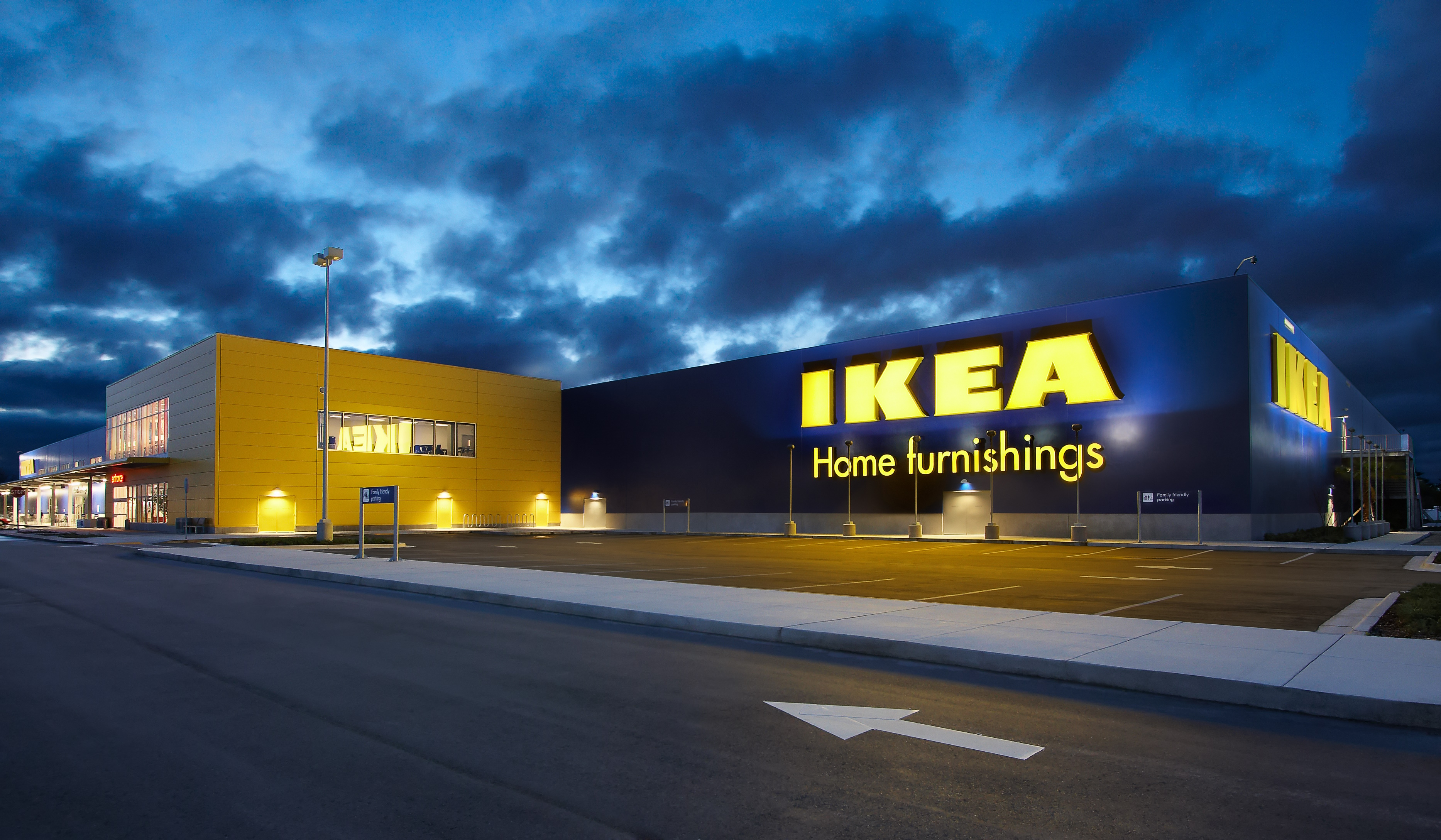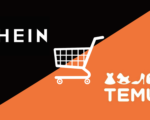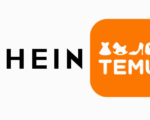IKEA has agreed to contribute €6 million ($6.5 million) to a new German government fund aimed at compensating former political prisoners who were forced to work for companies during East Germany’s communist rule. This landmark decision marks a significant step for victims’ rights and sets a precedent for other companies that profited from forced labor during the Cold War era.
The revelations about IKEA’s reliance on forced prison labor surfaced over a decade ago, prompting the company to initiate an independent investigation. The report by Ernst & Young confirmed that political prisoners in the German Democratic Republic (GDR) were indeed forced to produce IKEA furniture during the 1970s and 1980s. Furthermore, IKEA representatives were likely aware that prison labor was being used to supplement the workforce in East German factories.
The GDR, a Soviet satellite state from 1949 to 1990, used its political and criminal prisoners to produce goods for Western markets, creating an environment where foreign companies benefited from cheap labor. Many GDR prisoners were jailed for minor political dissent or opposition to the authoritarian government, which suppressed criticism through the feared Stasi secret police.
IKEA Germany announced this week that it would contribute to the compensation fund voluntarily. The German parliament will soon formalize the fund, a measure that is seen as a formality following years of advocacy by victim groups. For IKEA, the payment represents a commitment to redress past wrongs and provide support for individuals affected by forced labor practices.
Walter Kadner, CEO and Chief Sustainability Officer at IKEA Germany, acknowledged the company’s involvement in forced labor during East Germany’s communist rule, expressing deep regret. “We deeply regret that products for IKEA were also produced by political prisoners in the GDR. Since it became known, IKEA has consistently worked to clarify the situation,” Kadner stated, adding that the company was pleased to uphold its promise to support the new fund.
This agreement with the Union of Victims’ Associations of Communist Dictatorship (UOGK) represents the first time a major company has offered reparations for its historical use of GDR prison labor. Dieter Dombrowski, chairman of UOGK, praised IKEA’s commitment to engaging openly with victims and acknowledging their suffering. He expressed hope that IKEA’s actions would inspire other companies with similar pasts to contribute to the fund.
The fund will provide compensation for the emotional and psychological toll endured by former prisoners, many of whom still bear the scars of forced labor and confinement. Evelyn Zupke, the German parliament’s representative for GDR victims, described IKEA’s decision as a responsible approach to addressing the darker parts of the company’s history. Zupke noted that while the suffering of prisoners cannot be undone, supporting victims today shows respect for their experiences and provides a path to healing.
Advocates such as Rainer Wagner, a former chairman of UOKG, stress that IKEA’s case is likely just the “tip of the iceberg.” Many companies may have profited from GDR labor practices, and advocates are calling on others to follow IKEA’s example by acknowledging their historical complicity and contributing to victim support initiatives.
This voluntary payment represents a significant moment for corporate accountability in Europe, particularly as societies grapple with the legacy of totalitarian regimes. IKEA’s actions may pave the way for other corporations to recognize their roles in historical injustices and provide restitution to those who suffered as a result.












